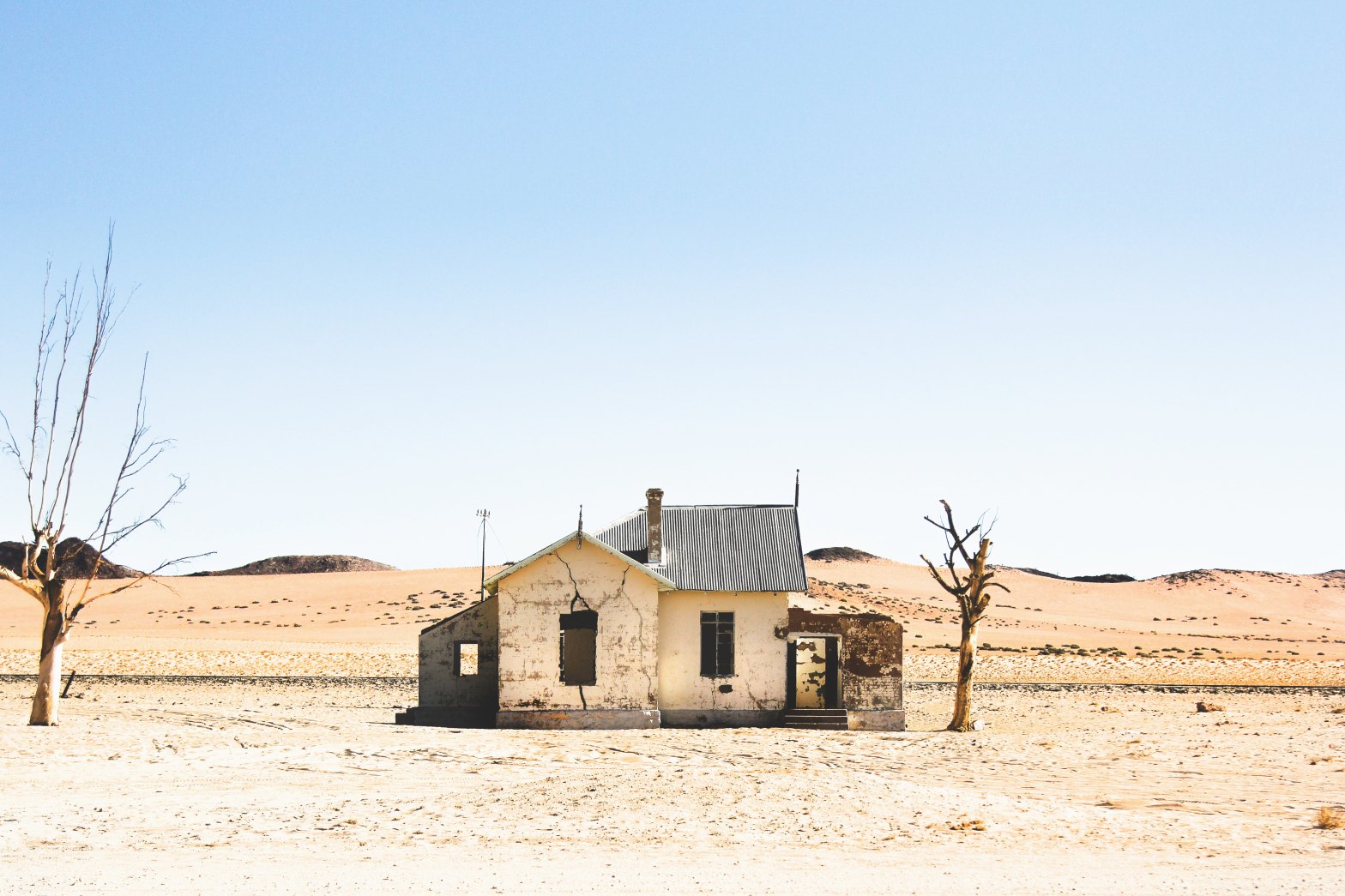Over the past six months or so, I have intentionally withdrawn from much of the public dialogue and writing that I had become accustomed to over the past few years. Practicality played a role in this decision. I was in the last phase of completing the manuscript for my first book, which consumed much of my energy. Additionally, my “day job” is quite demanding, and the flexibility I had when I was teaching has been all but lost.
Beyond this practicality, however, was the need to step back due to what I’ve called existential exhaustion. The gauntlet of issues and topics that have resulted from the last presidential election left me, like many others, in a state of chaos. I felt like I had to take on an entire nation’s problems and be a part of the solution to all of them. And really, if we’re honest, that’s the implicit demand of many of the comments, posts, and articles about online social activism. If we aren’t doing something, then we are doing nothing.
I tried to take it all on. And in the futile attempt to do something about everything, I ended up doing nothing. Instead I found myself simply posting articles and arguing with people on the internet. It’s as if I replaced relational dialogue and action with abstract arguments that had little benefit to myself, others, or the topic at hand. I found myself contributing to this destructive form of engagement that has ensnared so many of us.
And so I’ve backed away from much of it over the past few months. Outside of an occasional article, I’ve turned internal and reflected on the question What’s Next? It’s a layered and integrated question, one that begins with me and what I want to see for myself. But the question quickly shifts to the external. What are the immediate needs of my community and what can I practically do to contribute to solutions?
The answer to What’s Next is evasive and necessarily fluid. In a world that is constantly changing, the answer, whatever it may be in this moment, will inevitably shift. But the “me” portion involved shutting up for a while. My initial reaction is to add my voice, to chime and attempt to contribute something to a conversation. Yet this seldom came from a spirit of upbuilding or relationship. The focus on being heard and to be right too often drove my words. This spirit diminished the value of other voices and the gift of learning from others and their unique perspective. Listening has been my goal over these past few years, but I found myself speaking first and listening second. I needed to shut up and listen.
I came across a quote from Julien Green while reading Merton’s Conjectures of a Guilty Bystander. Green says “What is needed is to lose ourselves completely in God; what is needed is perfect silence … Pious talk has something revolting about it.” How true this is. I cannot help but chuckle at all those hours debating about this or that, or about holding esteemed, defensible theological positions. What a silly endeavor all that was.
One of my dear friends, who also pastors the small church I attend, introduced me to a quote from Mary Oliver, Mercy is when you take people seriously. As seriously as I have desired to take people, that goal is never attained without an empathetic ear that listens. I’ve learned much through this sacred art of shutting up. It’s centered me and helped me focus less on the ways in which we abstract issues from the people and communities impacted, and directed me to a state of contemplation and action on the role I can have in my community.
Community has been brought back down from the conceptual to the proximal. Too often the marginalized are talked about instead of lived with. The Christian directive to love neighbor as self is, of course, best realized by the Christ. When examining Christ’s life, I’m hard-pressed to find him talking about people and spending countless hours in debate on how to help the marginalized in his community. Instead, he went outward. He met people where they were at and directly met their immediate needs. Christ’s theology is action. It’s progressive. It’s aim is transformation and liberation.
Proximity matters. And whatever the What’s Next is for Christian spirituality, I believe it will be smaller and more focused. I hope to see an end to church “trends”, and the establishment of empathetic eyes and ears that see and listen to the needs on our street corners and in our families. While we argue with avatars, injustice runs wild in our cities and neighborhoods. It’s past time we all took a step back, shut up, and listened to the needs of our communities. And then, as the Great Commission implores us, Go and do.

Thanks, this was my devotional reading today… I am heading to Christ in the Desert Monastery in a couple of weeks for some quiet and reflection… life has been a blur for 9 months and I have to do taxes today… oh Caesar! Thanks 🙏 for hanging in there with me in my absence. Tom
Sent from my iPhone
>